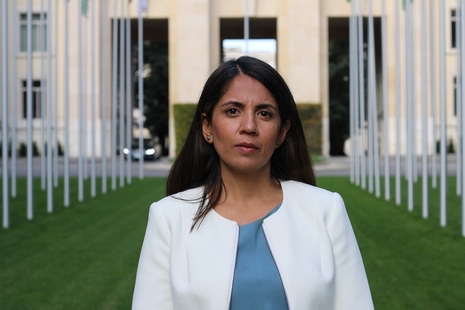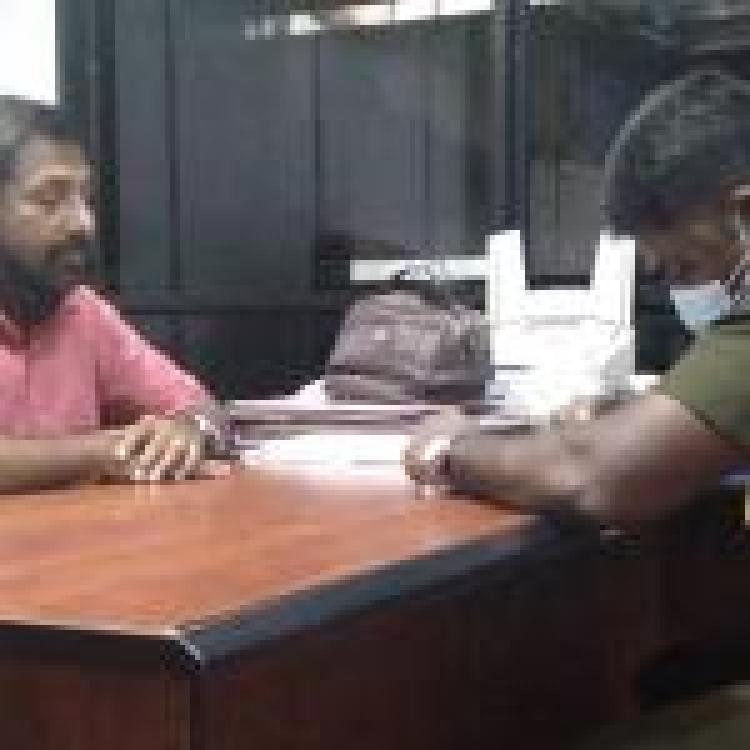Speaking at the UN Human Rights Council Session on 3 March, UK International Human Rights Ambassador, Rita French, raised deep concerns over the violations of religious freedom internationally and highlighted Sri Lanka’s discriminatory policies.
In her statement, she notes the government’s mandatory cremation policy, which violates the religious rights of Muslim and raises concerns over the treatment of Christian minorities.
Whilst Sri Lanka has withdrawn its internationally condemned policy of forced cremations, it has only permitted selective burial grounds for coronavirus victims almost solely in the island's North-East. This has triggered protests from Tamil and Muslim civil society who view this as a ploy by the government to induce tensions between their communities.
The Sri Lankan government has further proposed a discriminatory ban on face veils, further infringing upon Muslim religious freedom.
In her statement, Rita French, expressed the British government's concern over “the societal impacts of the pandemic including rising hate speech, misinformation and conspiracy theories which target minority faith communities in different countries.”
Sri Lanka’s hard-line defence of its cremation policy, despite the prevailing scientific evidence, has been seen to exacerbate this misinformation. Last year, Boram Jang, Legal Advisor at the International Commission of Jurists Asia & Pacific Programme raised concerns about Sri Lanka’s militarised response to the pandemic stating:
“Sri Lanka’s involvement of the military at every level, with limited parliamentary and civilian oversight, raises serious human rights and rule of law concerns”
“Having the military to oversee public health policy and to act as the State’s first responders also normalises military occupation, exacerbates the existing ethnic divides, and further deteriorates human rights in Sri Lanka”.
Read the UK Ambassador's full statements here.





